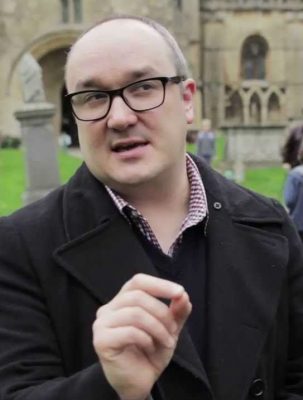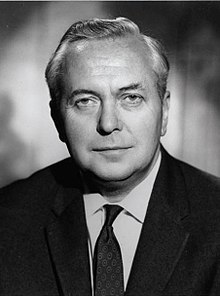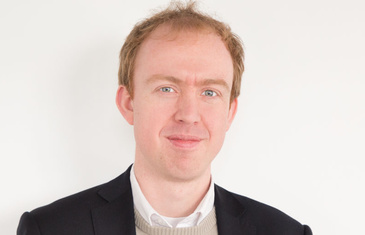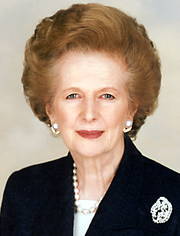A Level History lectures.
Hearing expert speakers and the latest ideas relating to their studies is all part and parcel of life at St Augustine’s Priory and this was in evidence last Wednesday, 21st March, when our A Level Historians attended lectures in Central London given by historian Dominic Sandbrook and Dr Robert Saunders, Queen Mary University, which focused on Britain from 1951-1997. Miss Trybuchowska, Head of History, gives the background to these lectures:
Dominic Sandbrook
‘The lectures within this period concerned “the permissive society” – how far could it be said that a permissive society had emerged by the 1960s and 1970s, and that the war and its aftermath had witnessed the death of deference. Dominic Sandbrook’s view was that, in fact, the vast majority of people in Britain were still rather conservative (with a small c) socially and morally, and that the liberal reforms ushered in were in fact led by the establishment themselves. Whilst some historians argued that the 1960s “laid to rest the legacy of Victorianism”, Sandbrook also argued that there was much debate over cultural and social issues during the Victorian era, and again in the 1920s and 1930s. His argument is, therefore, that the 1960s were certainly not a watershed moment for a significant shift in moral values, because such shifts had been already been taking place.
He would go even further, claiming that had it not been for the Second World War and the austerity which followed it, that perhaps the changes in laws, such as the abolition of hanging, would have come sooner. He even spoke of the contrasting influences of such cultural phenomena as Mary Whitehouse and the Sex Pistols. Great food for thought, and a lively lecture.
Harold Wilson
Lectures on the influence and achievements of the Conservative Party of the 1950s and Harold Wilson followed, with Sandbrook’s characteristically controversial bent coming through in his damning assessment of Wilson’s legacy and leadership of the Labour Party, despite his success in winning four out of five elections and his great intellect. He concluded that Wilson was a moderniser who failed, who furthermore failed to tackle the problems caused by the economy and the confrontations of industrial relations and that Britain was in a worse position when Wilson stood down as Prime Minister than when he began. Ironically, the man who embodied the answer to Britain’s economic problems ended up as the personification of them.
Dr Robert Saunders
Our final lecturer, Dr Robert Saunders from Queen Mary University, entertained us all with a rendition of an irreverently vicious song by The Smiths about Margaret Thatcher, before proceeding to race through the Britain which Thatcher inherited in 1979 and the measures she took to solve its problems. “I came into politics because of the conflict between good and evil” later comparing herself to both Winston Churchill and William Pitt the Elder, seeing it as her job to turn back the tide of decline and “save Britain,” believing herself to be the only one to do it. Saunders explained that in Thatcher’s eyes, the three great enemies of “Socialism, strikes and the Soviet Union” were all connected and had to be beaten. She proceeded to use “economy (is) the method – the object is to change the soul”, and so we were treated to a whistle stop tour of tax cuts, privatisation, cuts in public spending, the reform of Trades Union laws and the rise in interest rates. The scale of their impact is hard to exaggerate, according to Saunders, as he explained that from 1979-81, one quarter of Britain’s manufacturing capacity had shut down, and this was unprecedented. Yet Mrs Thatcher’s sale of council housing and shares of public utilities on the stock market, providing more opportunities for entrepreneurs, contributed to her popularity with many, and succeeded in vanquishing her three great enemies.’
Margaret Thatcher
Categories: Sixth Form Whole School





